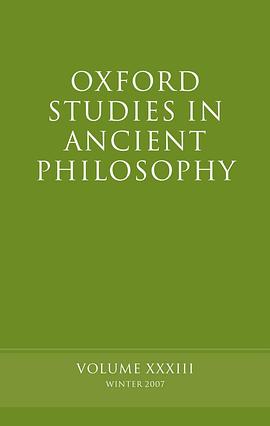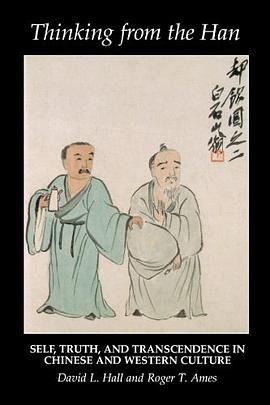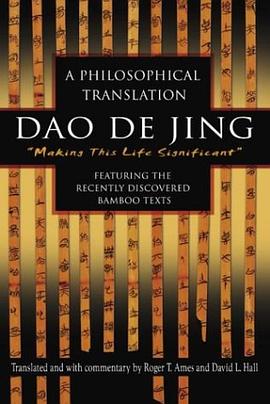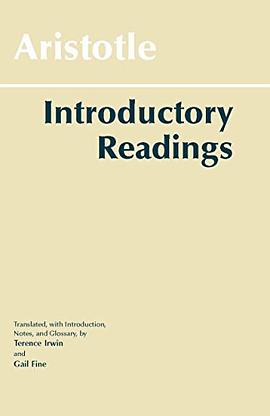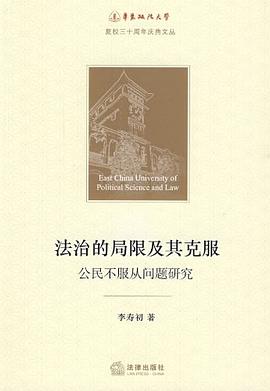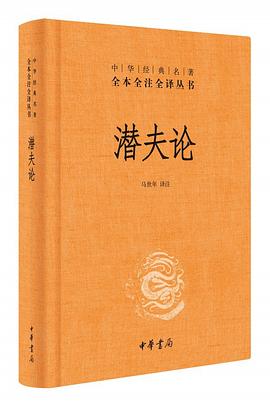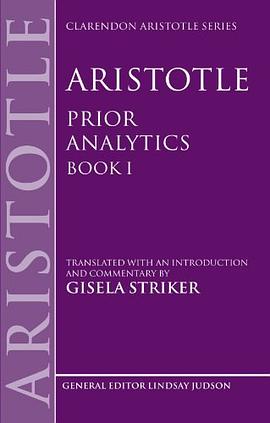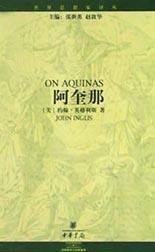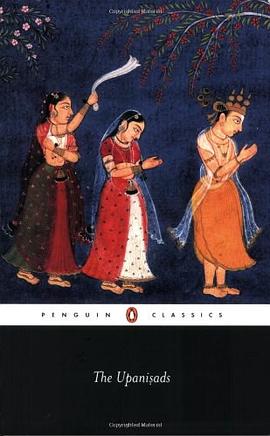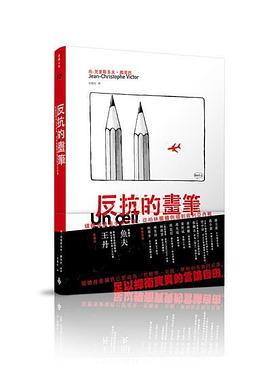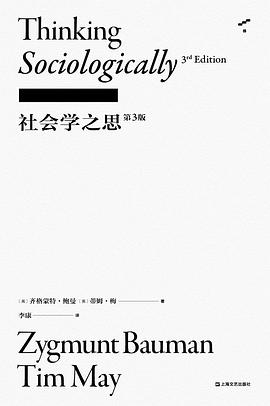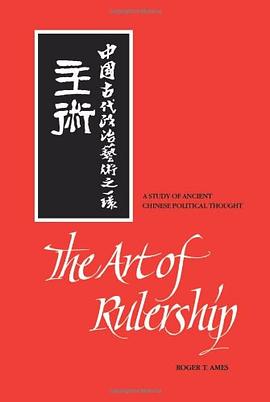
具体描述
Roger Ames first traces the evolution of five key concepts in early Chinese political philosophy and then analyzes these concepts as they are developed in The Art of Rulership. The Art of Rulership is Book Nine of the Huai Nan Tzu, an anthology of diverse and far-ranging contents compiled under the patronage of Liu An (prince of Huai Nan) and presented to the court of Wu Ti during the first century of the Former Han (perhaps as early as 140 B.C.).
Ames demonstrates that the political theory contained in The Art of Rulership shares an underlying sympathy with precepts of Taoist and Confucian origin, and contains a systematic political philosophy that is not only unique but compelling. The book presents a political theory that tempers lofty ideals with functional practicability. While the spirit of the work is strongly Taoist and Confucian, this spirit is provided with a Legalist political framework in which it can be implemented, nurtured, and cultivated.
作者简介
Roger T. Ames is Professor of Chinese Philosophy at the University of Hawaii, and edits the journal Philosophy East & West. His major publications include Thinking Through Confucius (with David L. Hall), Nature in Asian Traditions of Thought: Essays in Environmental Philosophy (edited with J. Baird Callicott), Self as Body in Asian Theory and Practice (edited with T. P. Kasulis and W. Dissanayake), and Self as Person in Asian Theory and Practice (edited with T. P. Kasulis and W. Dissanayake), all published by SUNY Press.
目录信息
Introduction
1. Philosophy of History
Confucius and the Confucian Conception of History
Lao Tzu and the Taoist Conception of History
Shang Yang and the Legalist Conception of History
The Huai Nan Tzu's Conception of History
The Art of Rulership's Conception of History
2. WU-WEI (Nonaction/Doing Nothing/Acting Naturally)
Wu-wei in Pre-Ch'in Confucian Texts
Wu-wei in Pre-Ch'in Taoist Texts
Wu-wei in Pre-Ch'in Legalist Texts
Wu-wei in The Art of Rulership
3. SHIH (Strategic Advantage/Political Purchase)
Development of Shih as a Special Military Term
Development of Shih as a Special Legalist Term
Shih in The Art of Rulership
4. FA (Penal Law)
Fa in Pre-Ch'in Political Philosophy
Fa in The Art of Rulership
5. YUNG CHUNG (Utilizing the People)
Yung Chung in the Lü-shih ch'un-ch'iu and Han Fei Tzu
Yung Chung in The Art of Rulership
Conclusion
6. LI MIN (Benefiting the People)
Self-Interest (Szu Li)
Benefiting the People (Li Min)
HUAI NAN TZU, Book Nine: The Art of Rulership
Notes
Bibliography
Glossary
Index
· · · · · · (收起)
读后感
评分
评分
评分
评分
用户评价
相关图书
本站所有内容均为互联网搜索引擎提供的公开搜索信息,本站不存储任何数据与内容,任何内容与数据均与本站无关,如有需要请联系相关搜索引擎包括但不限于百度,google,bing,sogou 等
© 2025 qciss.net All Rights Reserved. 小哈图书下载中心 版权所有



